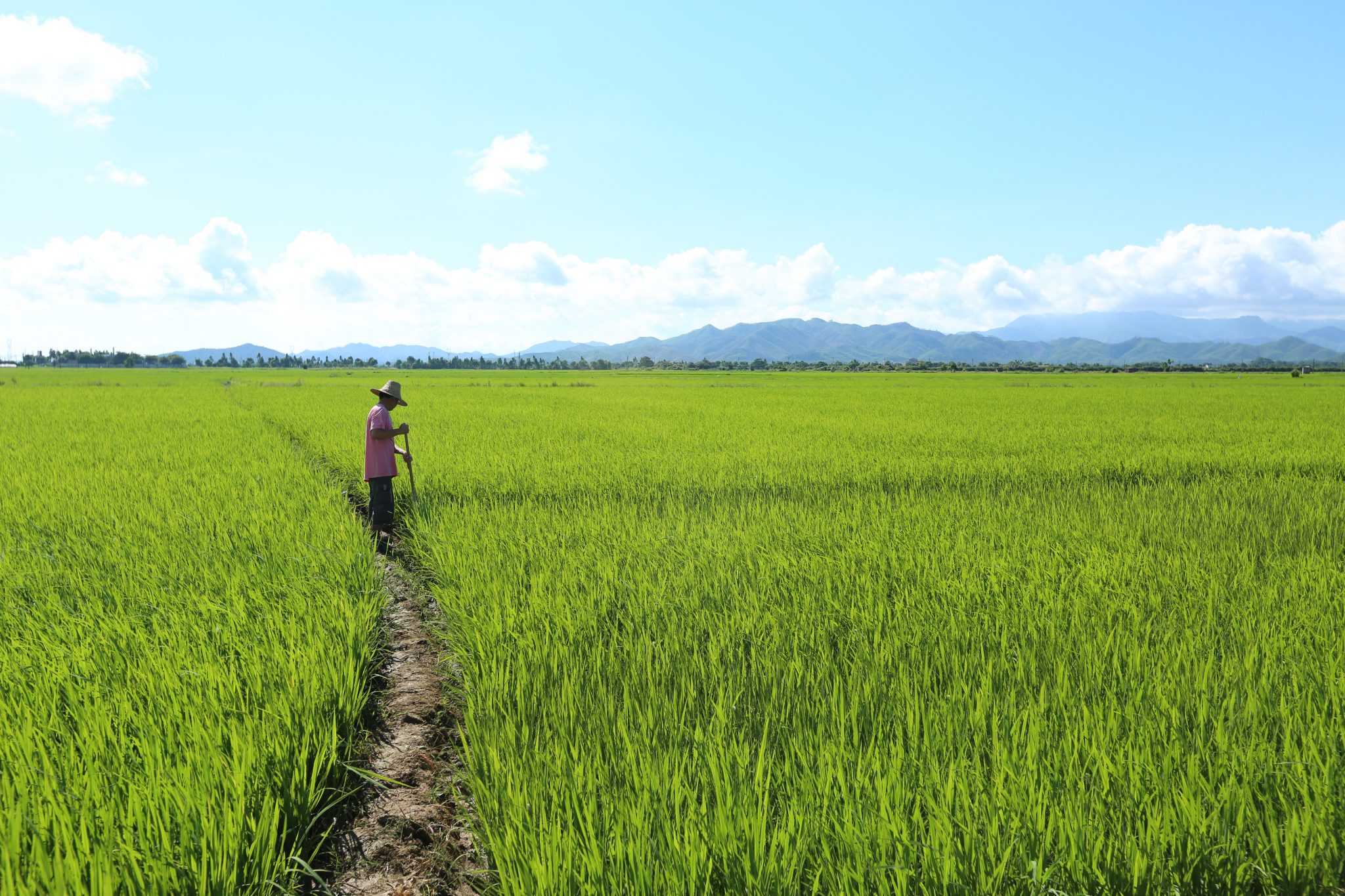Agriculture & Climate Change
It took 10,000 years for the world’s population to reach 1 billion by the year 1800, another 100 years to double to 2 billion and less than another century to triple to 6 billion by 1999. The Global population now exceeds 7.5 billion and is expected to reach 9.8 billion by 2050 – an additional 2 billion mouths to feed with no more than the existing farmland already cultivated. Meanwhile, About 12 million hectares of land become degraded each year. In addition, increasing frequency and intensity of droughts and floods, much due to climate change, are adding to the challenge of maintaining food security for this growing population. This is the core mission that the agricultural community and its supply chain face.
Climate change is adding to the challenge of maintaining food security for earth’s growing population.

There is mounting evidence that the best way to meet rising food demand, while conserving biodiversity and combating climatic trends, is to produce as much food as sustainably possible from the land we already farm, so that more natural habitats can be “spared the plow”. Many of the tools to achieve this are deployed by ICL, including integrated solutions for fertilization and irrigation, that are both radically efficient and highly specific to crops, soil and climatic conditions.




Many of the efficient agricultural solutions are also “smart”, sustainable solutions. For example, ICL markets controlled-release fertilizers that enable nutrient uptake by plants in accordance with soil conditions and the crop’s uptake. This mechanism provides a more efficient fertilization regime, while also preventing seepage of nitrogen to groundwater and runoff to lakes and rivers. When applied correctly, these fertilizers also emit fewer greenhouse gases to the atmosphere, assisting in the prevention of climate change.
ICL also markets specialty fertilizers for fertigation (applying soluble fertilizers via the irrigation system). Fertigation is another method that allows to apply nutrients very precisely, according to the demands of the crop. Fertilizer inputs through fertigation can be easily adapted to the soil, fertility status and the growth stages of any crop. This increases yield while reducing nutrient leaching and volatilization of nutrients to the air, including as greenhouse gases.
Polysulphate is a multi-nutrient fertilizer, solely produced by ICL, based on Polyhalite mineral mined in the UK. Polysulphate requires no processing and creates no waste products. The mineral is mined, crushed, screened and bagged with no chemical intervention or process. It therefore has a lower carbon footprint than alternative fertilizers, allowing food growth with a reduced climate impact.
In addition, ICL markets H2Flo, a wetting agent product which reduces the surface tension of irrigation water, allowing for better water distribution and penetration in the soil, and minimizing water waste and loss in agriculture (and other uses). As climate change is already causing water scarcity in many regions of the world, water preservation method are vital to the future of mankind.




For additional examples of ICL’s solutions for advanced and responsible agriculture, see advancing food security.



